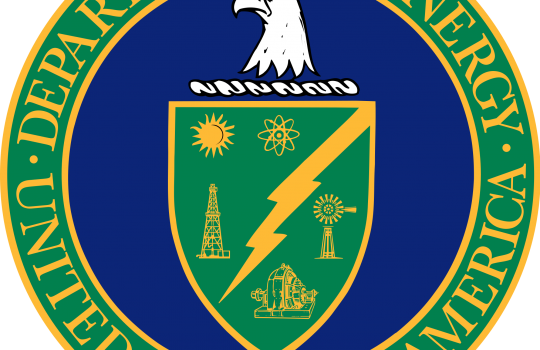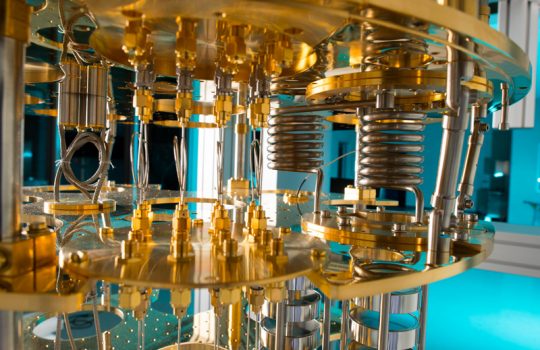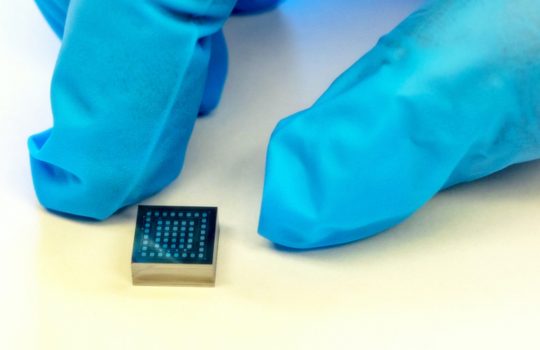This experiment will shoot ghostly particles through Earth, answer why we exist
From Live Science, Sept. 18, 2018: On the occasion of the ProtoDUNE detector seeing its first signals, Fermilab’s Don Lincoln lays out the research goals of the international Deep Underground Neutrino Experiment.



